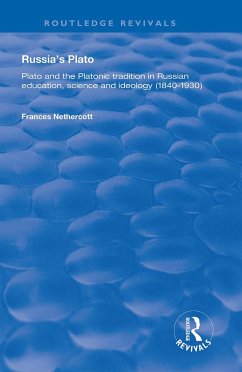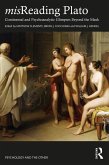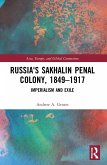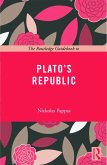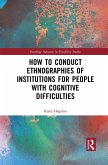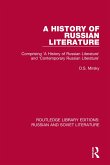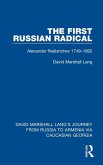This title was first published in 2000. This work identifies the differences between the Russian intellectual approach to reading Plato and that of other European countries. This study offers a complex perspective on Russian philosophical learnings up to 1930. The book contains five chapters with the first aiming to provide the general institutional context in which Russian 19th century Plato scholarship developed, caught as it were, between the rise of the historical sciences and the heavy hand of state interference in standardizing the educational system in the name of nation building and modernization. The second chapter attempts to illustrate how Plato served as a reference in Russian philosophical culture and the third deals with aspects of Russian philosophy of law. In the fourth chapter, the author shifts his approach to compare and contrast a number of reactions to a single dialogue, the "Republic" and in the final concluding chapter, addresses the question of whetherit is legitimate to speak of a Russian Platonism.
'Frances Nethercott, a frequent visitor to Russia, has written an important book which gives more than just a scholarly description of the reading of Plato: it offers a sensitive and important insight into  Russian intellectual life in the nineteenth and early twentieth centuries. I recommend it to not only Russianists but all European intellectual historians.' Constance Blackwell, President of the International Society for Intellectual History 'At the conclusion of this well-researched, nuanced, and clearly written monograph in intellectual history, Frances Nethercott asks if there was a "Russian Platonism" distinct from "the interpretations produced by, say, the early Christians, the Renaissance, the Cambridge School, German idealism, or indeed, neo-Kantianism but which might be rightfully included in such a list of Platonic revivals?"...The book has many merits. It justifiably passes over the "intellectual silence" of old Russia... It is academically rigorous in the basics, the history of translations of each dialogue, the biographies...the publications of Russians in the field of ancient history, thought, and law, and in its survey of the mountainous corpus of western classical scholarship... It gives full credit to the intellectual vitality and importance of the theological academies so often neglected in traditional Russian intellectual history.' Slavic Review '... this book is full of interesting ideas and arguments, and I recommend it to those interested in Plato's scholarship.' International Studies in Philosophy

